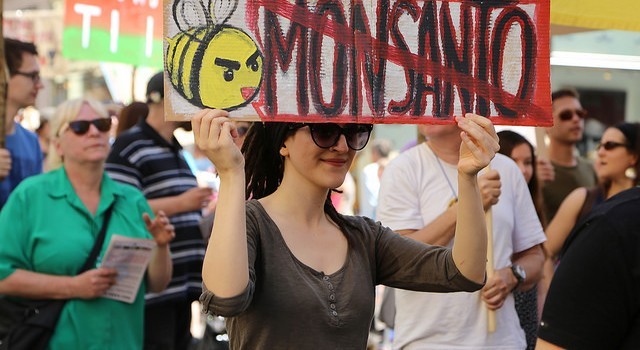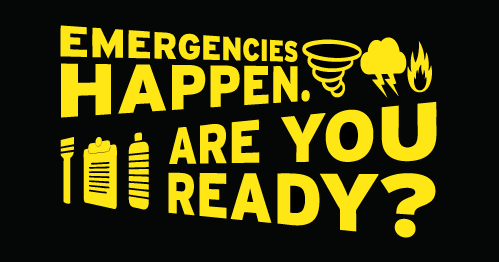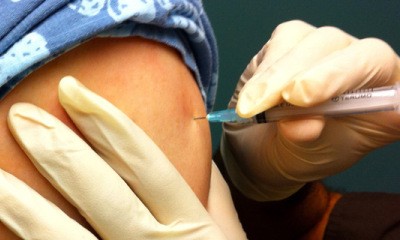US agencies, funders such as the Gates Foundation, and agribusiness giant Monsanto are trying to force unwilling African nations to accept expensive and insufficiently tested Genetically Modified (GM) foods and crops, according to a new report released today.
“The US, the world’s top producer of GM crops, is seeking new markets for American GM crops in Africa. The US administration’s strategy consists of assisting African nations to produce biosafety laws that promote agribusiness interests instead of protecting Africans from the potential threats of GM crops,” said Haidee Swanby from the African Centre for Biosafety, which authored the report commissioned by Friends of the Earth International.
“African governments must protect their citizens and our rights must be respected. We deserve the same level of biosafety protection that European citizens enjoy,” said Mariann Bassey Orovwuje from Friends of the Earth Nigeria.
“South African farmers have more than 16 years’ experience cultivating GM maize, soya and cotton, but the promise that GM crops would address food security has not been fulfilled. Indeed, South Africa’s food security is reportedly declining with almost half the nation currently categorised as food insecure even though South Africa exports maize,” said Haidee Swanby from the African Centre for Biosafety.
BACKGROUND INFORMATION
Since genetically modified organisms may have adverse effects on human and environmental health, a global agreement known as the Cartagena Protocol on Biosafety, which came into force in September 2003, was developed to ensure “adequate safe use, handling and transfer” of GM
organisms.The Alliance for Food Sovereignty in Africa, a Pan-African civil society network, recently condemned USAID-funded guidelines developed by the Common Market for Eastern and Southern Africa (COMESA) in no uncertain terms, stating that the “COMESA policy aggressively promotes the wholesale proliferation of GM organisms on the African continent by way of commercial plantings, commodity imports and food aid and flouts international biosafety law.”
The African Union has developed and recently endorsed a Model Law on Biosafety which could contribute to more rigorous biosafety regimes across Africa.
These factors, in turn, put millions of families at risk for poverty and hunger as well as malnutrition—the world’s most serious health problem and the single biggest contributor to child mortality. At the same time, one consequence of the first Green Revolution—excessive fertilizer use leading to water pollution—underscores the importance of sustainability to safeguard both environmental and human health.
Please Read this Article at NaturalBlaze.com
Photo Source: Die Grünen Kärnten





Leave a Reply